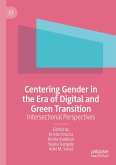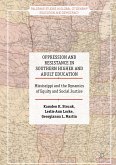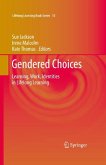Calling for inclusion and dialogue, these essays by an international group of feminist scholars and activists stress the need to put into relation seemingly discrepant approaches to reality and to scholarship in order to build coalitions across the usual North/South and East/West divides. This diverse group of authors, who spent fourteen weeks working collaboratively, dispense with unity and seek instead to use dialogue and difference in their production of knowledge about effective political action. The dialogues materialized here among women's movements that have emerged within different contexts and cosmologies take feminisms' challenges to contemporary corporate globalization in new empirical and theoretical directions.
"Drawing on diverse disciplinary and interdisciplinary backgrounds as well as divergent geographic and cultural experiences, the authors demonstrate the power of dialogue across difference for the creation of new feminist knowledges on social justice and social change. They show how seemingly opposing views can provide the basis for new conceptual frameworks that challenge more limited forms of feminism as well as provide resources for contesting oppressive modes of globalization. The authors critically assess how international conferences, human rights discourse, women s studies programs, and transnational feminist organizing as well as other sites of feminist practice can become vehicles for inclusion of the perspectives and political practice of feminists who are often left out of transnational feminist conversations and activism. One can only hope that others will take up this dialogic model and use it to transform transnational feminist praxis in more democratic and inclusive ways." - Nancy A. Naples, President, Sociologists for Women in Society and Professor of Sociology and Women's Studies, University of Connecticut









